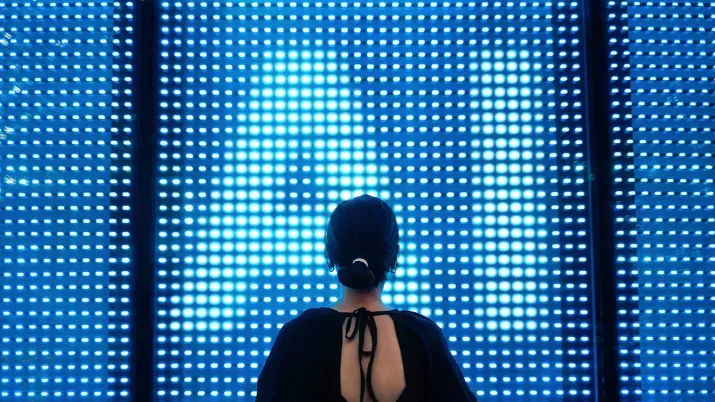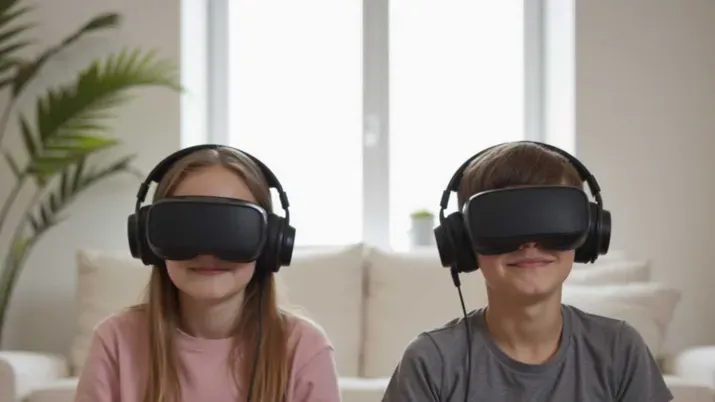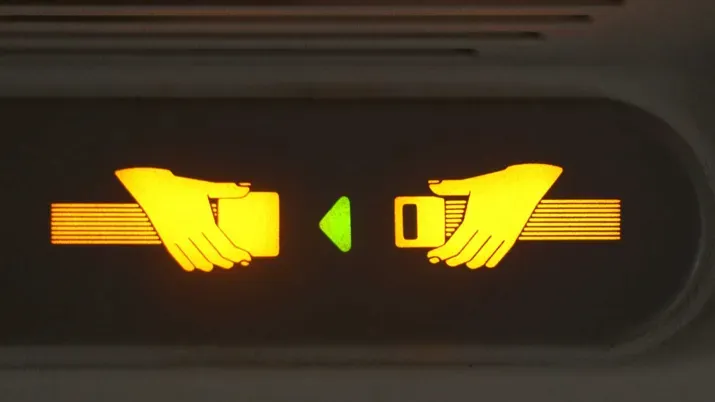AI Killed the Radio Star?
Quality Growth Boutique
I have been pondering about a future AI fueled post scarcity world and what we will all do with increased leisure time as a result. I often look to Star Trek to answer these questions. In the Star Trek universe, there is a device called the replicator, which takes any matter and rearranges it at an atomic level to produce whatever the user desires. This invention effectively creates a post scarcity world where the show’s characters spend their free time exploring the universe via spaceship. While space travel is exciting, there is undoubtedly much down time between space battles and planet exploration. In the show, they solve this boredom with another invention called the Holodeck, which allows the user to create a realistic 3D simulation using projected light and electromagnetic energy to create the illusion of solid objects. The Holodeck is analogous to today’s media, albeit much more interactive and engaging.
I find the Holodeck interesting as we examine the potential for AI to change the nature of how we consume media. I look at media on a continuum of complexity, with for example, photos and paintings being of lower complexity and video games and film being of higher complexity. In my mind, this largely correlates with the amount of creative energy that is needed to produce a given piece of media. For example, to produce a song, the basic components are written music, lyrics, and then performing those with voice and instruments. Compared to a video game, which has concept design, story writing, voice acting, graphic design and software coding, it’s a much more complicated piece of creative work.
Coming back to the Holodeck, it’s difficult to rate on this complexity continuum since there is no creator per se. The creator is the user, the Holodeck can create anything you can think of. This is different than how we consume media today. We consume what others have created; we do not have to be a creative person to enjoy someone else’s creative talents. Generative AI today is an early iteration of the Holodeck, and I find myself wondering how it will disrupt the current media landscape.
Let’s use music as an example as it’s lower on the complexity continuum and there are already tools available that allow us to create music generatively. Using AI, I created a song called “El Perro Tomate Country” with one sentence about my dog, Tomato, living in the East Village. This is not a great song, but it’s also not a bad song especially when you consider the amount of effort that it took to create. What I’m trying to answer is: Will the average consumer of music want to do this? Will they want to create their own music versus listening to other’s creative efforts? Are most people even capable of creating their own music (that they like), even if it’s this easy? You can extend these same questions to all types of media along the complexity continuum, and I think you will get different answers. Since we are an inherently lazy and social species, these two factors will shape our decisions about whether to create via gen AI or consume what has already been created.
Even with the huge time savings that generative AI yields, human input is still needed. These models are still very much garbage in garbage out, and skill is needed in interacting with them. As the media complexity increases, there will be more input needed by the consumer, or in other words, more work. I think for simple creative tasks, such as image generation and artwork, we may see generative AI take very large market share. But as the media increases in complexity, I think you will find most consumers will lack the creativity to come up with ideas to feed a gen AI system that yields a final product that is more entertaining than a true creative professional doing the same.
While often media is consumed in isolation, it can be a social activity. We listen to music together, dancing and singing at a concert or a bar. We watch the same TV shows and films then discuss on social media or around the proverbial water cooler at the office. If we are all generating our own music and movies, what are we going to talk about? The zeitgeist would cease to exist, and the world would further descend into loneliness. I don’t foresee this happening; I think the average human needs a commonality to discuss and I believe the more complex non generative media will maintain that.
As it pertains to media companies such as Universal Music Group, increased gen AI music could siphon off royalties from human acts. Generative AI is showing the ability to create passable and even popular music exemplified by acts like “The Velvet Sundown” with 600k monthly listeners. I view these as anomalies rather than signs of a systemic shift. According to entertainment market monitor and insights provider Luminate, over 120,000 new songs were uploaded online daily in 2024, exceeding the total annual output of 1989. In a saturated landscape, major labels remain the most effective route to visibility and chart success.
From a rights perspective, AI-generated works currently cannot be copyrighted under US law, which limits their commercial viability. Labels are unlikely to invest in or represent acts where ownership and licensing are uncertain or legally constrained. The economics simply don’t support sustained promotion of AI-only artists under current IP frameworks. Without a label representing artists, AI or human, it is very difficult to cut through the noise and make it to the top of the charts.
Beyond the legal and distribution challenges, the deeper moat lies in the emotional connection listeners form with human artists. Fans don’t just consume songs they invest in stories, personalities, and shared experiences. When Taylor Swift sings about heartbreak, the resonance is as much about the listener’s own life as it is about the song. No AI has yet demonstrated the ability to form that kind of bond.
That said, the pace of progress in AI is extraordinary. While we don’t see AI displacing leading incumbents in music or broader media in the near term, we continue to monitor developments closely, particularly in hybrid human-AI creative workflows, evolving rights frameworks, and new monetization models that could shift competitive dynamics over time.
Opinions expressed herein may be those of individuals and may differ from the views and opinions expressed by Vontobel. References to companies provided for illustrative purposes only, to address the subject matter discussed. References to these companies should not be considered a recommendation to purchase, hold, or sell any security nor should any assumption be made as to the profitability or performance of any security associated with them.







